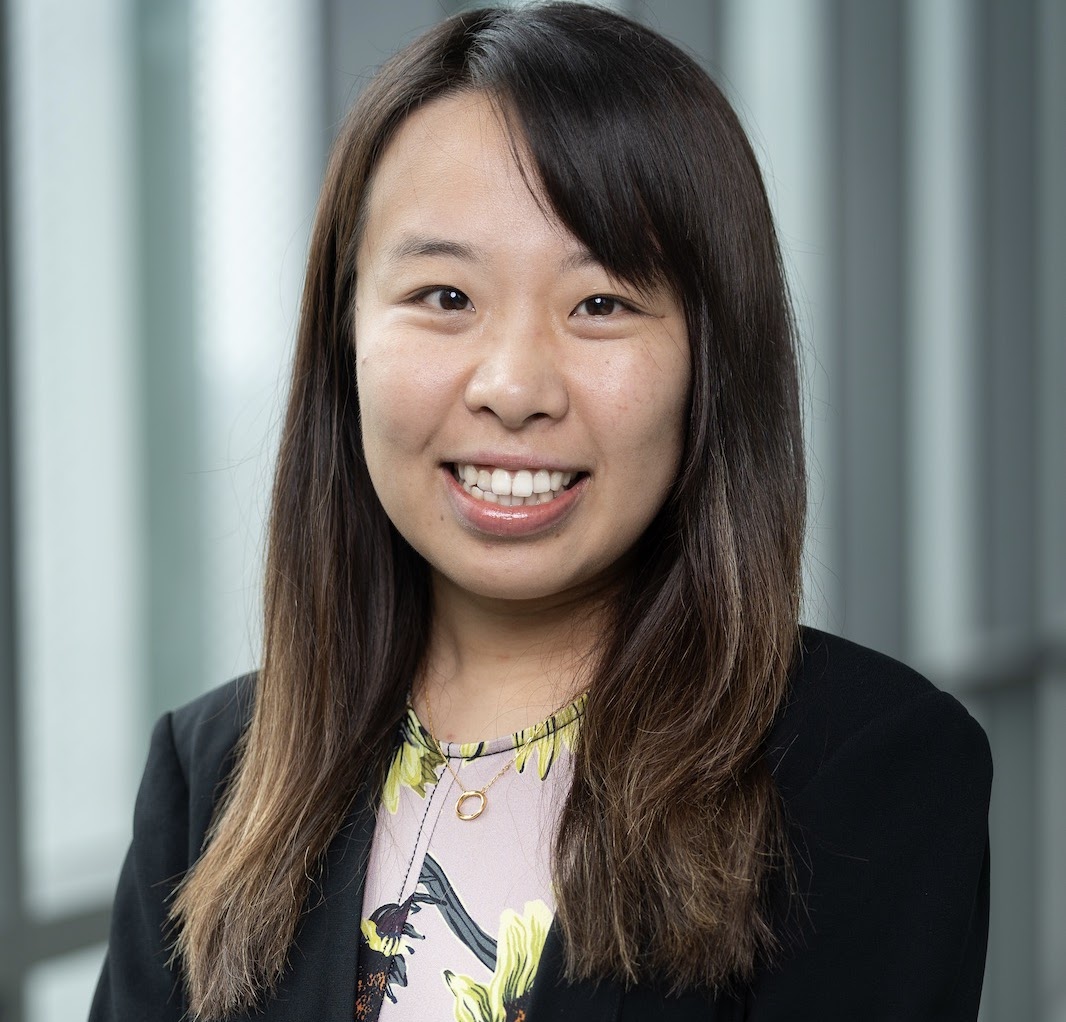Upcoming Events
School of CSE Seminar Series: Yuanyuan Shi

Speaker: Assistant Professor Yuanyuan Shi, University of California, San Diego
Date and Time: October 13, 2:00-3:00 p.m.
Location: Coda, Room 230
Host: School of CSE Assistant Professor Florian Schäfer
Title: Performance-Guaranteed Learning and Control for Sustainable Energy Systems
Abstract: The past decade has witnessed success of learning and control methods such as reinforcement learning (RL) in a broad spectrum of applications, such as game play, robotics, and autonomous driving. As a result, the application of RL in sustainability applications has attracted surging attention recently. Despite the promise, one of the biggest challenges for the deployment of RL in energy systems is the lack of stability and performance guarantees. Since energy systems are critical infrastructure, failure to maintain stability can lead to catastrophic consequences.
In this talk, I will introduce our recent work on developing a stability constrained RL framework that combines policy learning in RL with Lyapunov stability in control to learn policy with formal stability guarantees. Using two illustrative sustainable energy system examples, I will discuss how can we systematically construct the stability constraints and incorporate them into RL via neural network structure design.
Bio: Yuanyuan Shi is an Assistant Professor at the Department of Electrical and Computer Engineering at the University of California San Diego. She received her Ph.D. in Electrical Engineering, masters in Electrical Engineering and Statistics, all from the University of Washington, in 2020. From 2020 to 2021, she was a Postdoctoral Scholar at the California Institute of Technology. Her research interests lie in the areas of machine learning, dynamical systems and control, with applications in sustainable energy systems. She is a recipient of multiple awards, including the Rising Star award in EECS by MIT in 2018, the Scientific Achievement Award from the University of Washington Clean Energy Institute in 2020, and the best paper finalist from ACM e-Energy 2022.
Event Details
Media Contact
Host: Florian Schäfer (florian.schaefer@cc.gatech.edu)
EVENTS BY SCHOOL & CENTER
School of Computational Science and Engineering
School of Interactive Computing
School of Cybersecurity and Privacy
Algorithms and Randomness Center (ARC)
Center for 21st Century Universities (C21U)
Center for Deliberate Innovation (CDI)
Center for Experimental Research in Computer Systems (CERCS)
Center for Research into Novel Computing Hierarchies (CRNCH)
Constellations Center for Equity in Computing
Institute for People and Technology (IPAT)
Institute for Robotics and Intelligent Machines (IRIM)